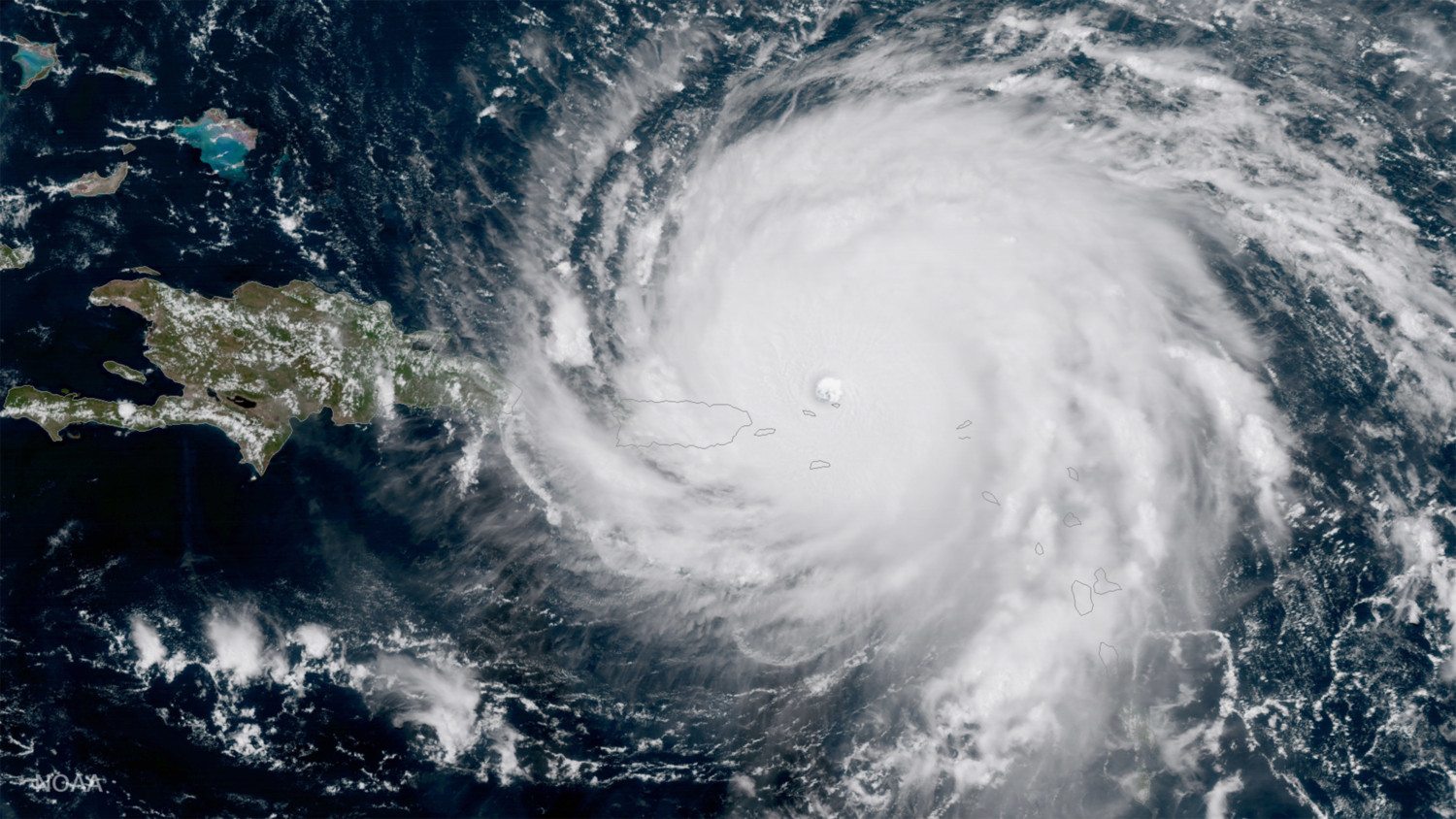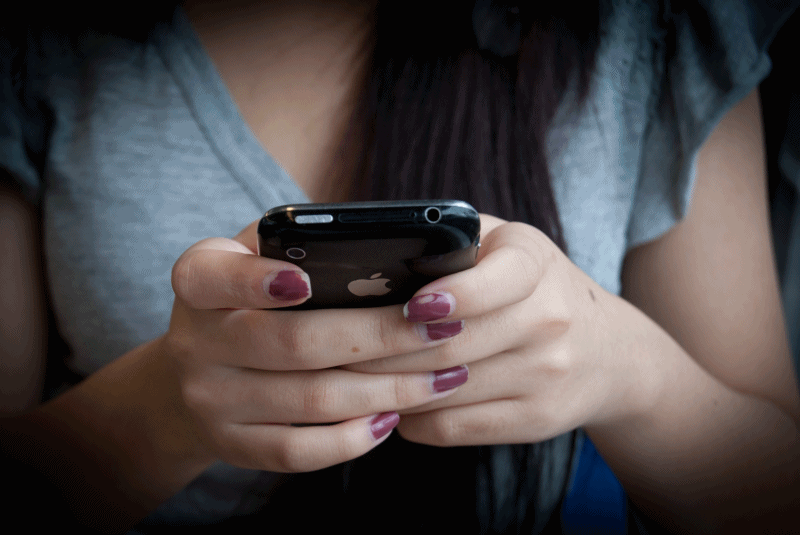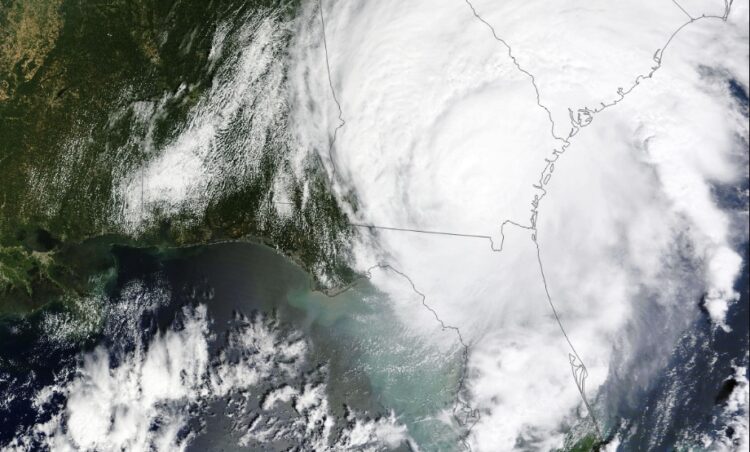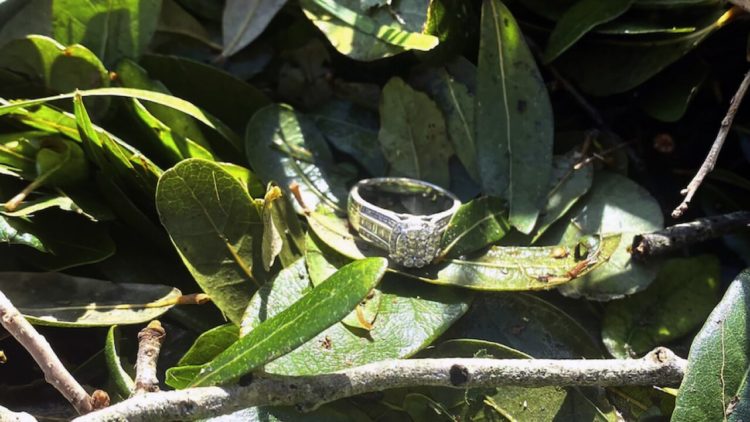This 7-step plan will help you prepare for a disaster
Emergencies can happen throughout the year: from hurricanes and tornadoes to floods, wildfires or snowstorms.
Protecting your loved ones and valuables, and getting your life back to normal quickly is much easier if you have a disaster plan in place. HGTV offers a good start to creating your safety and recovery plan, to which you can and should add your own features.
With a good disaster plan, you can better bounce back after a crisis—and feel less frightened heading into one.
While we hope you will never need this, here’s what you need to keep in mind:
1. List Possible Disaster Scenarios
Write a list of the possible disasters that might affect you. This will help you create plans to address them. Here are common disasters that might affect you:
- Flood
- Fire
- Earthquake
- Tornado
- Hurricane
- House fire
- Wildfire
- Snowstorm
- Extended power outage
Your local Red Cross should be able to tell you which disasters you’re most likely to face and how best to prepare for them.
2. Create a Communications Plan
Make sure everyone in your family can get in touch with each other, whether it’s via Facebook, Twitter, email, texts or phone calls to friends who can relay messages.
Specify certain meeting points and areas of shelter based on the type of disaster that may occur.
You should run through the plan with your family on a regular basis—HGTV suggests every six months—so everyone is up and current.
3. Protect Your Records
In addition to keeping valuable records safe in your home, have copies that you keep off-site (in a post office lockbox, for example), and electronic copies you can recover during and after an emergency. These are the most important documents:
- Birth certificates
- Social Security cards
- Insurance policies
- Financial records
- Medical records
- Business files
- Wills
Think about buying a personal safe so you can keep important documents safe with you at home. And if you buy one small enough, you may be able to take it with you in the even you need to leave.
Make sure you keep a list of your personal accounts and contact information for the following:
- Credit cards
- Gas
- Electric
- Phone service
- Bank
- Doctor
- Veterinarian/pet sitter
4. Create Photo/Video Evidence
You’ll have fewer problems making insurance claims if you take pictures or videos of valuable items you can’t take with you during an evacuation.
Even before an emergency happens, it’s a good idea to document your expensive belongings with pics or videos in case you need proof in the future, or in the event something happens while you’re gone.
5. Check Your Insurance Policy
Your insurance policy might not cover flood damage and might have limits on the amount of possessions you can claim.
For example, if you have memorabilia collections, precious metals, a home office with more than a few electronics, artwork or other very expensive items, check with your insurance company to see if you need extra homeowner’s coverage.
6. Create an Evacuation Plan
Know where you’ll go for each of the emergencies on your list and how you’ll get there. Create plans for making it to your destination if you’re away from the home, out of town, or if parents and kids are separated.
Make sure to include plans for securing your pets.
Power outages can cause freezers and refrigerators full of food to go bad. If you have a day or two advance warning, fill plastic and metal containers with water and freeze them, filling up as much of your fridge and freezer with ice before you lose power.
7. Prepare Your Home For Emergency
Keep all the smoke alarms and fire extinguishers in your home in working order. Make sure everyone in the family knows where the main water, gas and electric shut-offs are. If there are other safeguards you can put in place at home, depending on the type of disaster that may affect your area, don’t wait to do them.
Consider taking a CPR class together as a family if you have kids of an appropriate age.
Have an emergency bag packed and ready to go.
Facing a natural disaster can be really scary. But being prepared ahead of time with a solid disaster plan can really help put your mind at ease.








